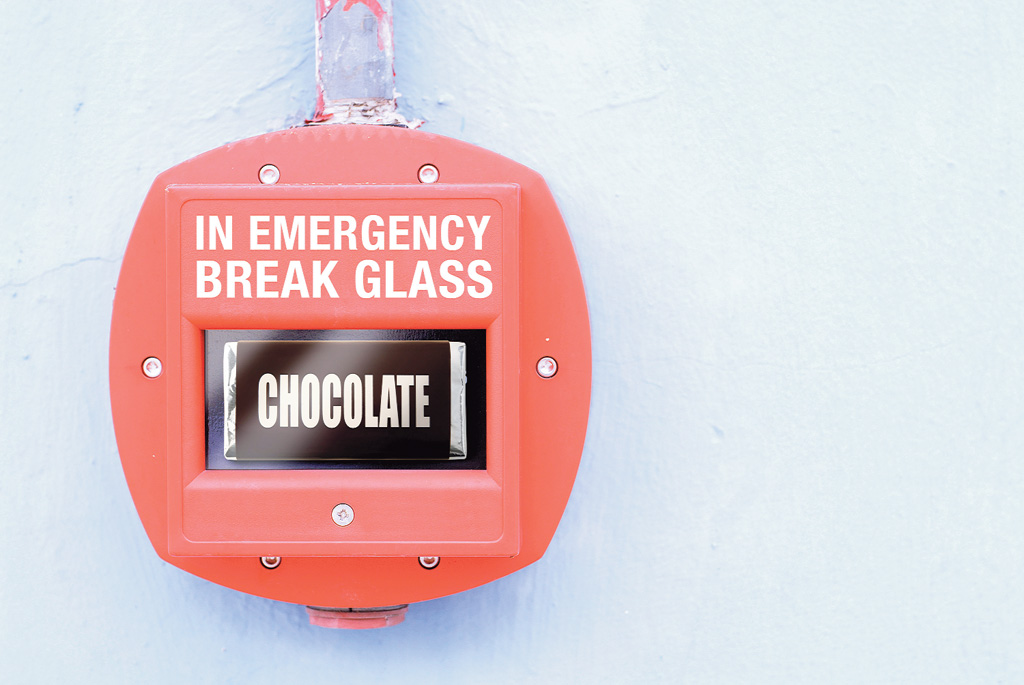By Paula O’Neill, MS, R.N.-BC, HNB-BC
Every day of our lives we face events that cause us stress. Although most of these events are minor in the grand scheme of things, there are situations that clearly are considered major sources of stress, like an approaching marriage or divorce, or trouble at home or work.
You may need help from others, like a professional counselor, to judge the degree of stress a situation is putting on you. Once that is complete, you can organize what needs to happen to help you improve. You will also need to review resources that are available to help you understand and work through the problem. When you’re faced with a highly stressful event in your life, the following methods may help you cope:
- Avoid unnecessary changes in your life. Instead, reserve what energy you do have for dealing with the stressor at hand. If possible, try to make your work and home environments stable while working out the primary problem.
- Bravely and aggressively face the stressor. Resist any temptation to ignore whatever is causing stress. Instead, carefully think about the seriousness of the problem without blowing it out of proportion. Ask yourself, “What is the worst thing that is realistically likely to happen?” Then remind yourself of all the good things that will still be a part of your life even if the worst happens. In addition, confirm your view of the stressor by talking with others. Make a special effort to speak to family, friends, or co-workers who have dealt with similar experiences.
- Review your coping responses. Confidence is helpful in fighting stress and it builds on memories of past successes. Review successes you’ve had with other stressful life situations. Recall some of the exact things you did to cope.
- Take action. Commit yourself to a reasonable course of action to deal with whatever is causing you stress. Action is powerful in helping you to reduce stress. Research shows that the body lowers the amount of epinephrine, a powerful stress hormone, when a person shifts into action.
Be aware that you can calm both your mind and your body by keeping your mind in the present. The present is hardly ever as stressful as an imagined future or past full of regret. In times of stress, the mind makes things appear worse than they are by creating endless versions of approaching disaster. Because the body cannot tell the difference between fact and fantasy, it responds with a greater physical response.
To keep your mind in the present, center your attention on your breathing, a sound or visual pattern, a repetitive movement, or meditation. In addition, at least once or twice a day, take time to calm down by relaxing. You can do this by listening to soothing music, taking a walk, gardening, reading, or exercising. You could also practice more structured forms of relaxation, like deep breathing or meditation.
To learn more about stress reduction, register for a free acupressure and breath work seminar at 2 p.m. April 9 at Raritan Bay-Old Bridge by calling 800-560-9990.
Paula O’Neill, MS, R.N.-BC HNB-BC, is the clinical program manager of Hackensack Meridian Health’s Integrative Health & Medicine at Raritan Bay Medical Center in Perth Amboy and Old Bridge. For more information, call 732-324-5257.

